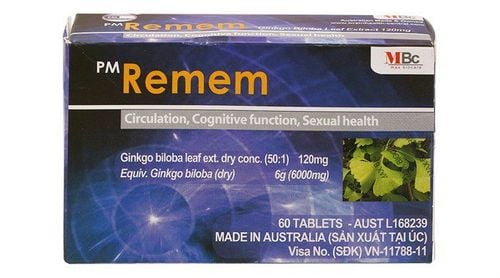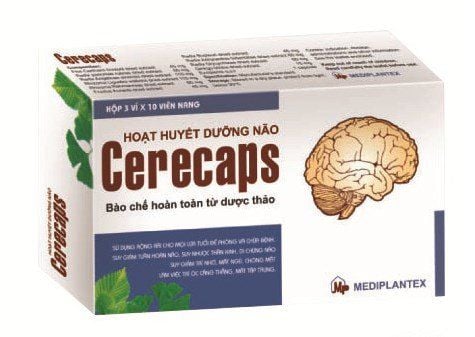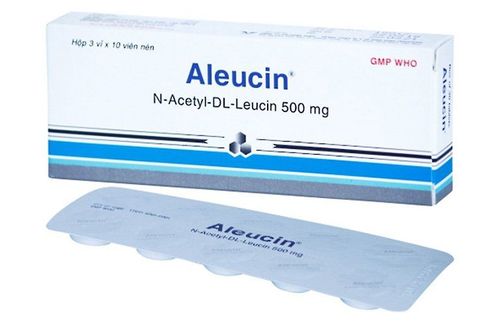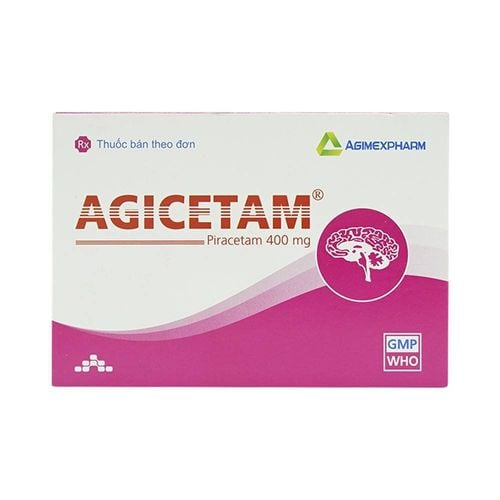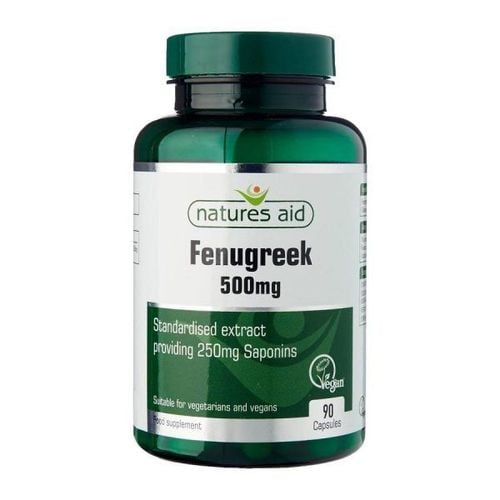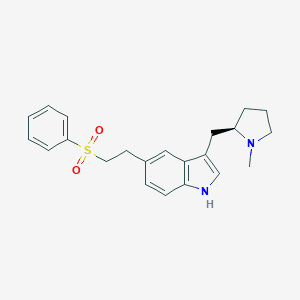This is an automatically translated article.
The rate of acute stroke is increasing at an alarming rate, causing death or disability in many people around the world. This is also the cause of reduced life expectancy for the elderly.
1. What is an acute stroke?
Stroke is a neurological deficit that occurs suddenly due to cerebrovascular causes, the patient can die within the first 24 hours or persist after 24 hours. Cerebral stroke is divided into two main types: ischemic stroke and hemorrhagic stroke.
Cerebral infarction or ischemic stroke: Caused by a blocked artery, which accounts for about 85% of strokes. However, this disease can be effectively prevented if preventive measures are taken well. Cerebral infarction is caused by a blood clot or atherosclerotic plaque in a blood vessel in the brain. These causes are due to factors such as dyslipidemia, smoking, diabetes, cardiovascular disease... Hemorrhagic stroke: This type of stroke is caused by a ruptured blood vessel in the brain. Previous causes may be due to aneurysms, malformed cerebral vascular system. Hemorrhagic strokes account for only about 15% of strokes. The most common cause of this condition is high blood pressure. In addition, another condition called transient ischemic attack (TIA) causes only mild stroke symptoms and usually lasts a few minutes. Sometimes it is not detected by the patient and it can predict a future severe acute stroke.
2. Acute stroke reduces life expectancy
In order to assess whether having an acute stroke causes a reduction in life expectancy, researchers evaluated and studied many years to compare the life expectancy of normal people with people with acute stroke. Through studies, there are some observations about the risk of reduced life expectancy and acute stroke as follows:
Studies have found that nearly two-thirds of acute stroke patients do not live more than 10 years and they always face a high risk of relapse; They also found that stroke reduces the average life expectancy of a patient by about five and a half years compared with the general population. It may be equivalent to an acute stroke reducing the patient's own life expectancy by a third; Patients with cerebral hemorrhage have a higher risk of death and reduced life expectancy than patients with ischemic stroke; Acute stroke is mainly associated with risk factors such as high cholesterol and blood pressure, diabetes, smoking, cardiovascular disease; People after a stroke have a high risk of disability and reduced quality of life. From those studies, it is found that the care prevents stroke risk and helps patients who have had an acute stroke to access the elements of care and treatment to increase life expectancy, reduce the risk of disability. for patients.
3. Measures to prevent acute stroke
These studies are very important for patients to understand the prognosis after the disease and try to take care and prevention measures. Some measures to prevent the disease include:
If you have risk factors for the disease such as diabetes, high blood pressure, high blood fat ... you need to take medicine in combination with the right regimen to be able to control it. good disease. Good control of the main risk factors is an effective preventive measure; A healthy diet: Eating a healthy diet can help reduce your risk of stroke as well as prevent it from recurring. That's why you need to build a healthy diet with beneficial foods and limit or avoid foods that can make the condition worse. Foods to eat to help prevent stroke such as foods rich in Omega-3 (salmon, tuna, mackerel); nuts such as walnuts, almonds...; lentils, dark vegetables, asparagus, broccoli, nuts, radishes... are rich in folate; foods that help reduce bad cholesterol such as oats, soybeans, almonds; magnesium-rich foods; drink plenty of filtered water, at least 1.5 liters of water per day; Lifestyle changes: Reduce stress and fatigue, try to arrange suitable work. Rest and reasonable activities, avoid staying up at night, get enough sleep...; Protect the body from disease: It is necessary to keep the body warm, especially during the change of seasons; Exercise: Exercise at least 5 days a week for 30 minutes a day. This not only promotes health, but also lowers blood pressure and prevents stroke. Note, should choose appropriate exercises and increase gradually over time, should not be heavy at the beginning. You can choose exercises such as walking, jogging, cycling or practicing yoga, yoga; Limit night bathing as this is also a contributing factor to an increased risk of stroke; For the elderly at high risk, it is recommended to periodically screen for cardiovascular disease or other risk factors every 6 months to 1 year; Learn the signs of the disease so that it can be detected early and treated promptly, the earlier the treatment time, the higher the effectiveness. In addition, active rehabilitation treatment is needed at the recovery stage, which in turn helps to increase quality of life and self-help. Acute cerebral stroke is a leading cause of death and reduced life expectancy, especially in the elderly. Therefore, it is very important to practice early treatment and prevention measures.
Please dial HOTLINE for more information or register for an appointment HERE. Download MyVinmec app to make appointments faster and to manage your bookings easily.
Reference source: news-medical.net




